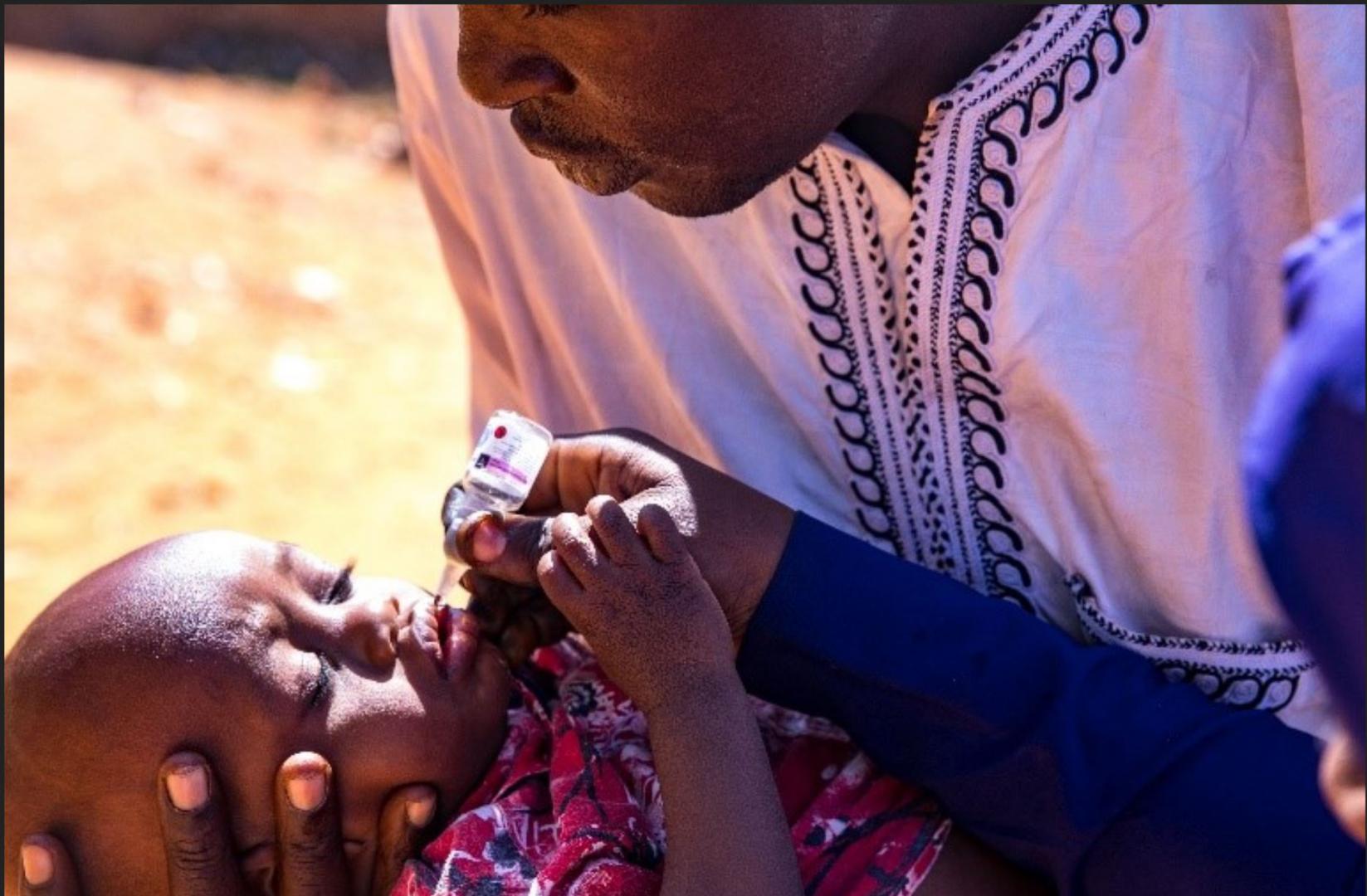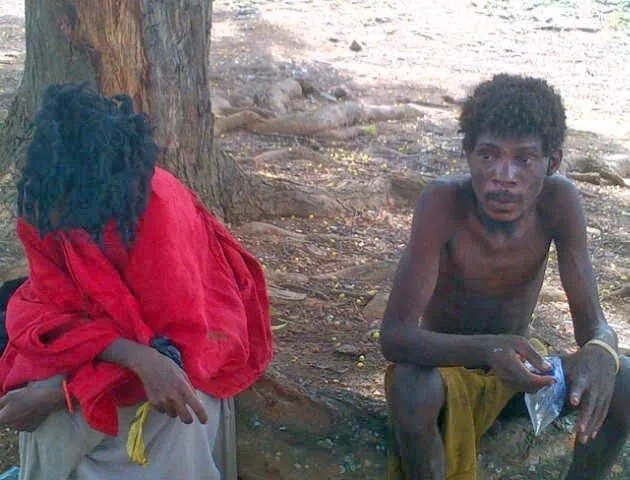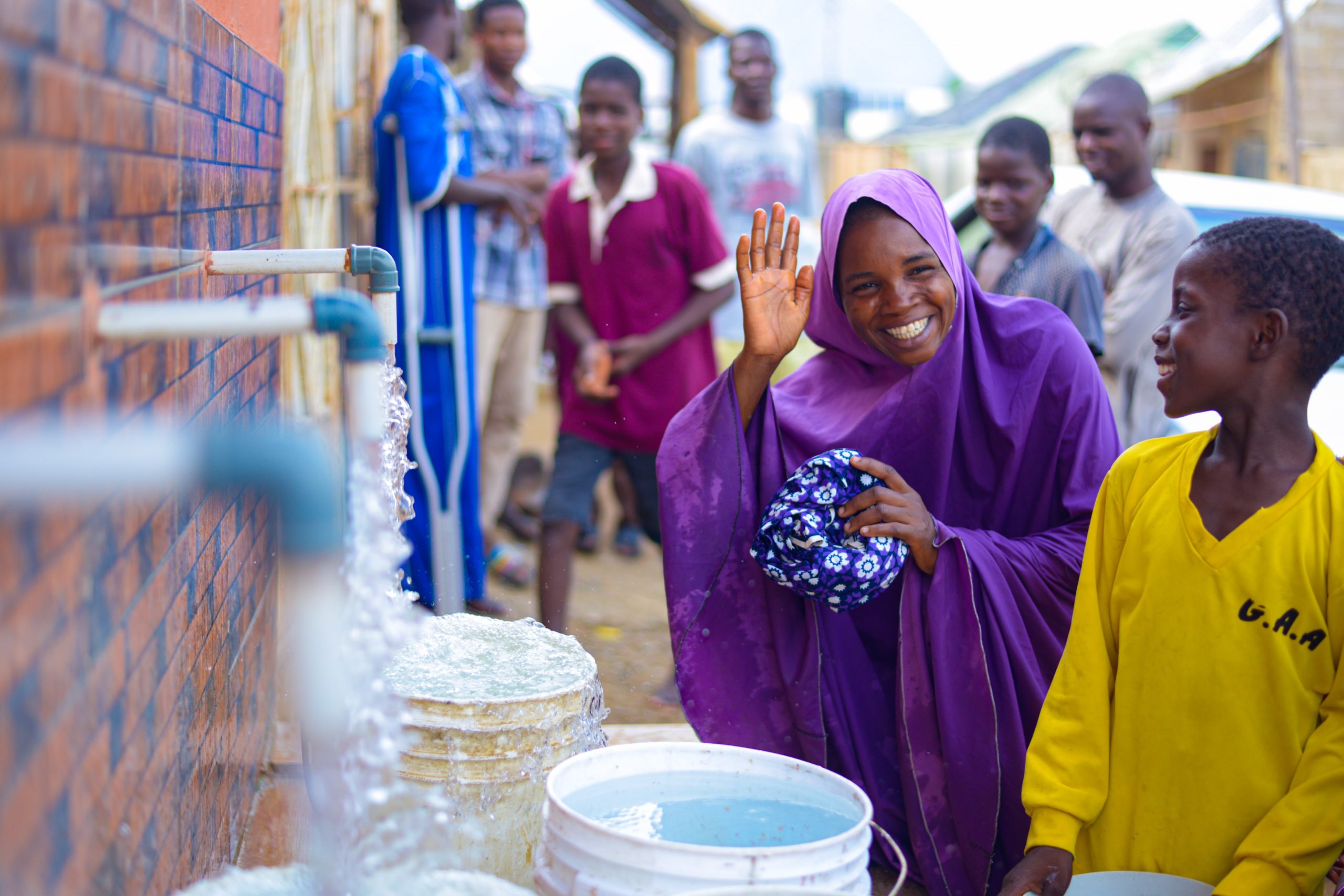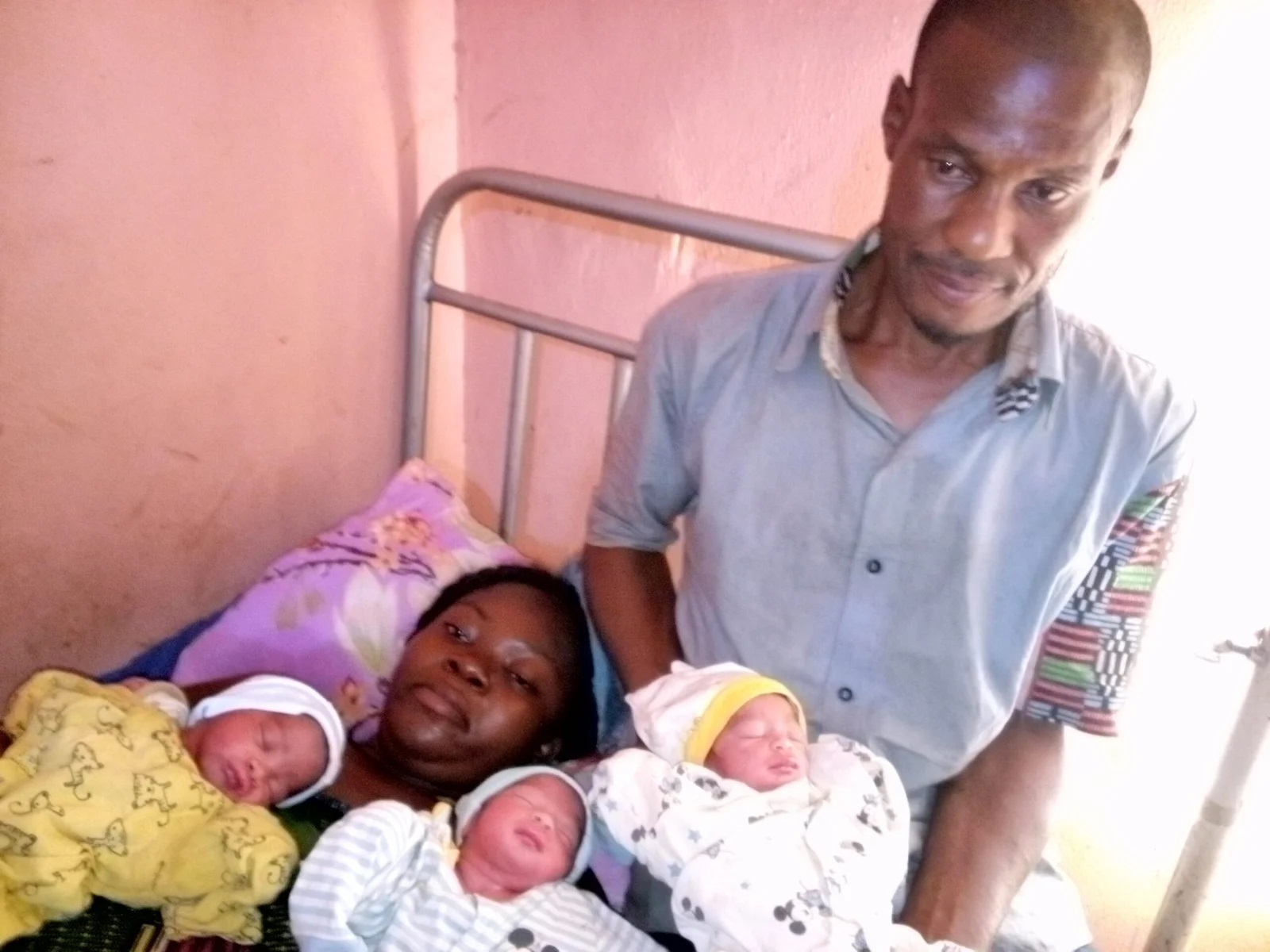Dr Bonos Mohammed, Anambra State Coordinator for the World Health Organisation (WHO), has clarified that Nigeria continues to administer polio vaccines to protect children from the spread of Circulating Vaccine-Derived Poliovirus (cVDPV).
Speaking at a stakeholders’ forum on the upcoming National Immunisation Plus Days (NIPDs) campaign, Mohammed addressed public confusion over the continued vaccination in spite of Nigeria’s certification as wild polio-free.
The forum was organised by the Anambra State Primary Health Care Development Agency (ASPHCDA) in collaboration with the state Ministry of Health and partners.
He explained that while Nigeria had been declared free of wild poliovirus types 1, 2, and 3, the country remained at risk due to global movement.
“Only two countries, Pakistan and Afghanistan still report cases of wild poliovirus.
“However, through trade and travel, we still intermingle with these countries, putting Nigerian children at high risk,” he said.
Mohammed noted that although no imported wild poliovirus cases had been reported, Nigeria currently faced outbreaks of cVDPV, which emerged in areas with low immunisation coverage.
He explained that a vaccinated child could shed a weakened virus through the oral polio vaccine (OPV), and in communities where many children were unvaccinated, the virus could mutate and regain the ability to cause paralysis.
“This is what we call Vaccine-Derived Poliovirus (VDPV.
“Children with low or no immunity are at risk of infection and paralysis if exposed to this mutated virus),” he said.
He warned that such cases were already affecting parts of Nigeria.
Mohammed stressed that the only way to stop the spread was to ensure every child was vaccinated.
“If all children are immunised, the virus cannot spread or cause harm because of strong community immunity. This is why we are not yet done with polio in Nigeria,” he added.
While no cases of cVDPV had been recorded in Anambra State so far, Mohammed warned that the risk remained due to movement across regions.
“The northern parts of Nigeria still report cVDPV cases. Though Anambra is yet to record any, the threat of spread through trade and travel persists,” he said.
Mrs Chisom Uchem, Executive Secretary of ASPHCDA, announced that the NIPDs campaign in Anambra would run from May 3 to May 6.
She added that a mop-up would take place from May 7 to May 8, followed by a final evaluation from May 9 to May 11 to assess the campaign’s effectiveness.
Also speaking, Mrs Uju Onwuegbuzina, the state health educator, urged parents and caregivers to ensure that their children receive the vaccine during the campaign period..(NAN)





